15 Things Every Early Childhood Educator Should Do
August 18, 2020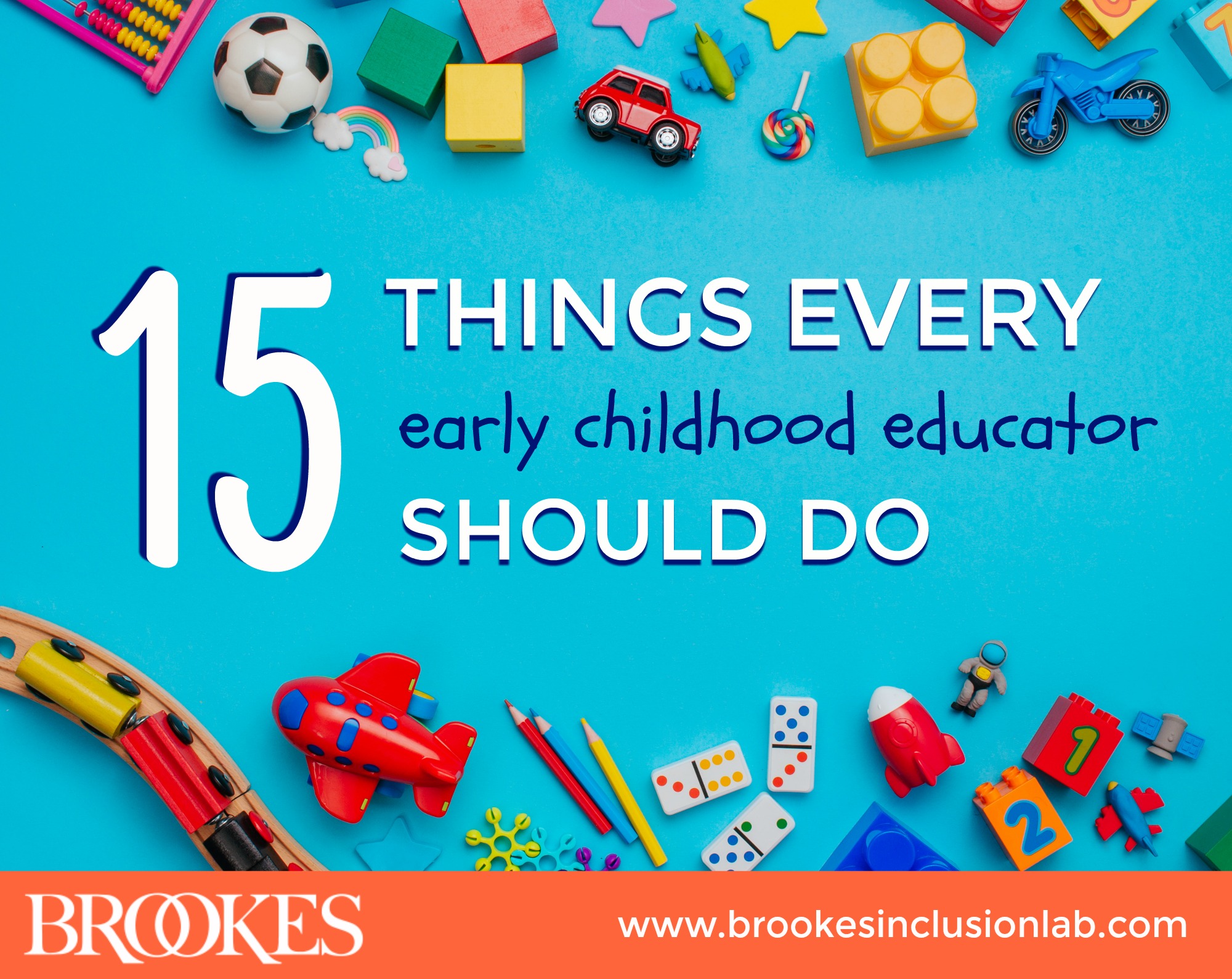
What are some things every early childhood teacher should do for and with their students? We’re answering that question in today’s blog post, through some of our favorite quotes from the experts on early education. Keep these quotes on hand for inspiration—because these days, we need all the inspiration we can get. (This post would also be a great resource to share with parents, since these words of wisdom also hold true for nurturing young children at home.)
Focus on social-emotional skills. The quote below, from Blended Practices for Teaching Young Children in Inclusive Settings, emphasizes the importance of building a “secure, caring, and supportive” social environment. That’s never been more important—whether you’re teaching in person or remotely. To add more resources to your social-emotional toolkit, refer to these blog posts: 10 Essentials for Promoting Young Children’s Social-Emotional Development and 12 Strategies for Building Emotional Regulation and Empathy in Young Children
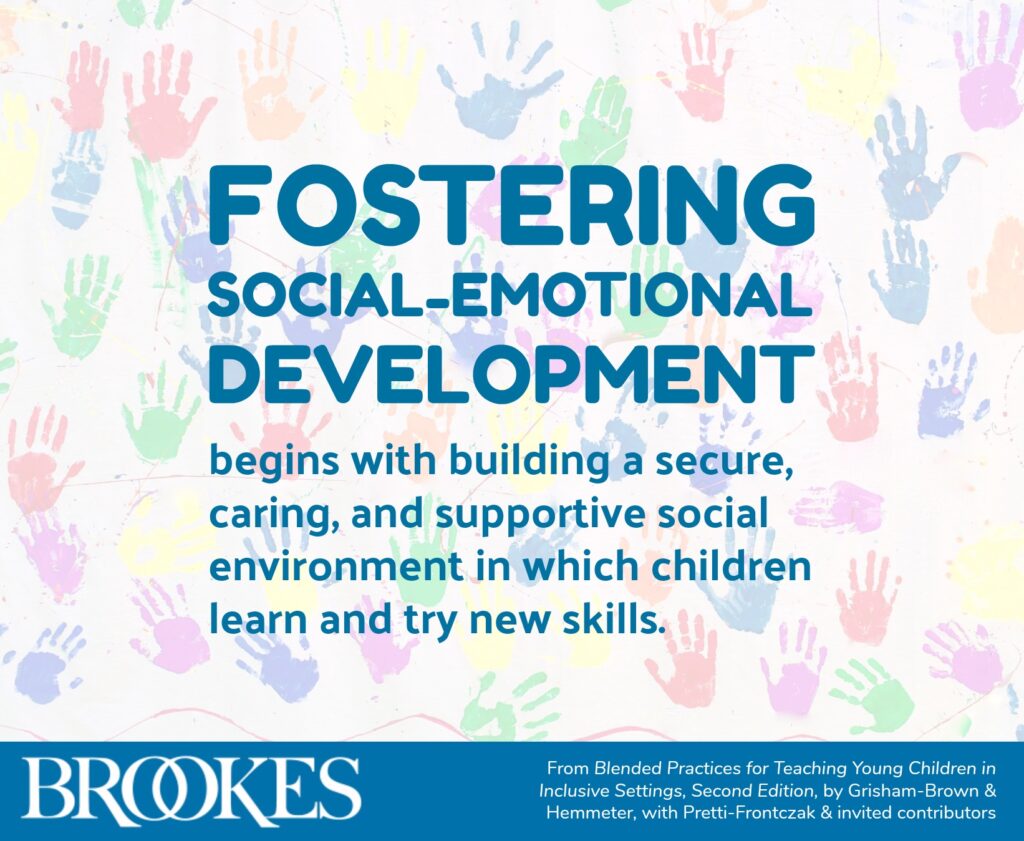
Diversify your classroom resources. Make sure your young learners have access to books and other materials that include positive, non-stereotypical depictions of people with a wide variety of backgrounds, abilities, and family structures. See this blog post for some resources on finding diverse materials, which you can incorporate into your own classroom or recommend to parents participating in remote learning. (Quote from The Making Friends Program by Paddy Favazza et al.)
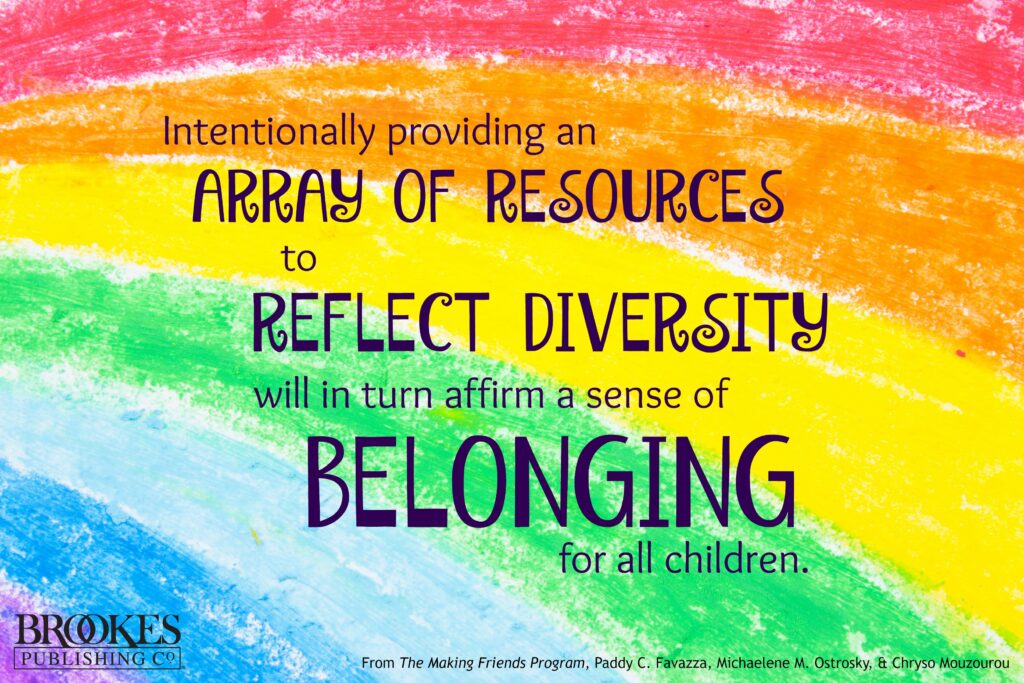
Appreciate and expand on each child’s unique gifts. Each young learner brings their own strengths, talents, passions, and personality traits to your classroom. Children benefit when their teachers recognize those unique gifts—and figure out how to use each child’s special contributions to benefit the class and maximize learning for everyone. (Quote from Early Literacy in Action by Betty Bunce.)
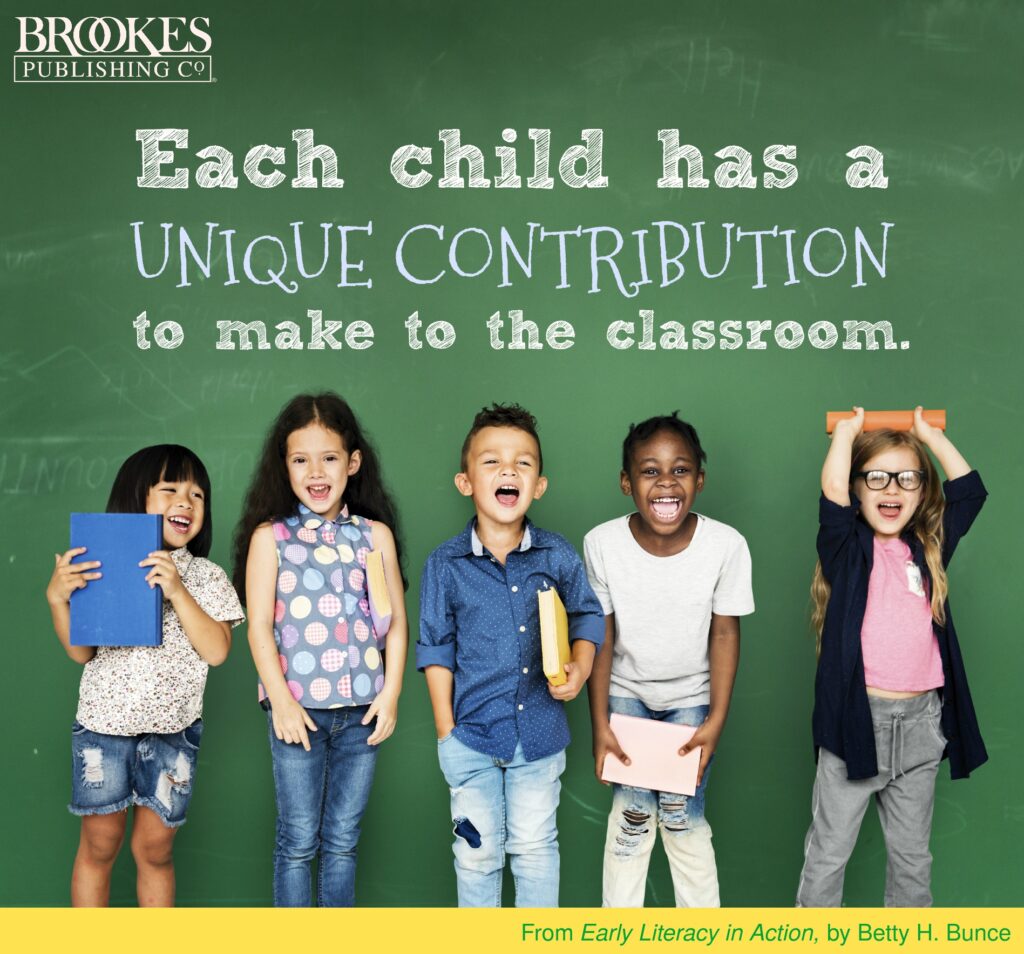
Show enthusiasm for children’s interests. As Alice Sterling Honig says in her book Little Kids, Big Worries, children feel validated when you show genuine interest in the things that bring them pleasure. (And as Kluth & Schwartz demonstrate in their practical guidebook Just Give Him the Whale!, children’s interests can be a great resource for motivation and learning, too!)
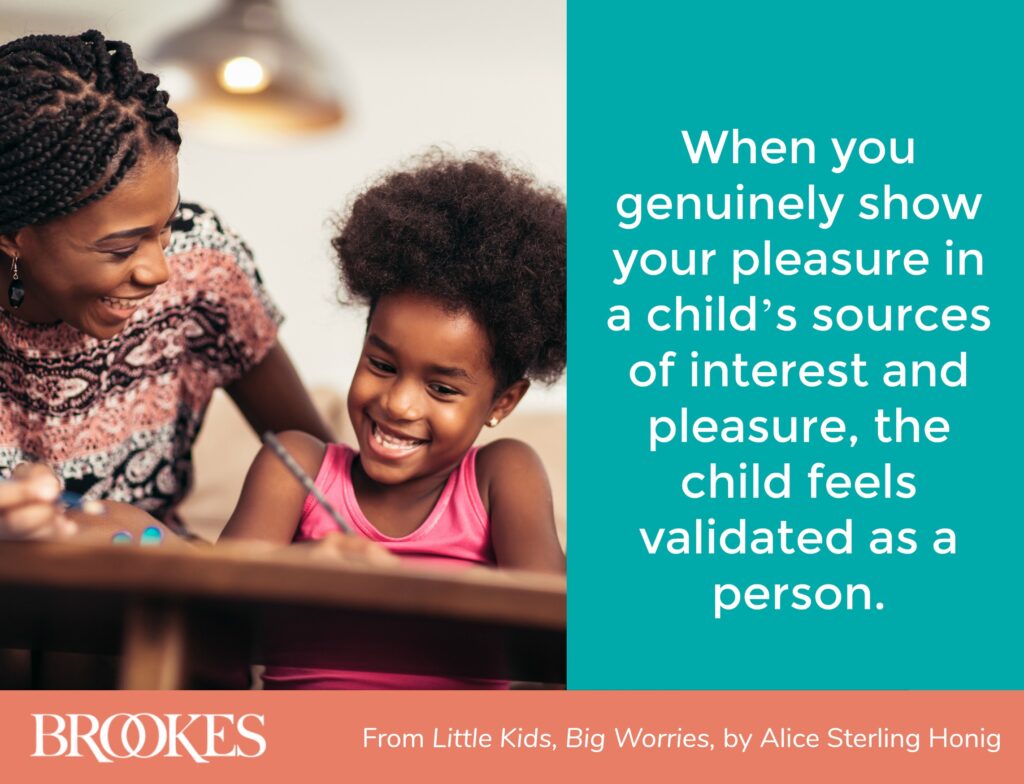
Affirm the good work parents are doing at home (and help them extend it). This quote from Early Intervention Every Day! has it right: any activity parents and children do together is filled with learning opportunities. Communicate to parents how many essential skills they’re helping their child develop when they engage in fun activities and everyday routines together, and connect them with more ideas for skill-building family fun. Share these spring and summer activity posts with parents—though some of these ideas are specifically for warm-weather days, many can easily be done at home all year.
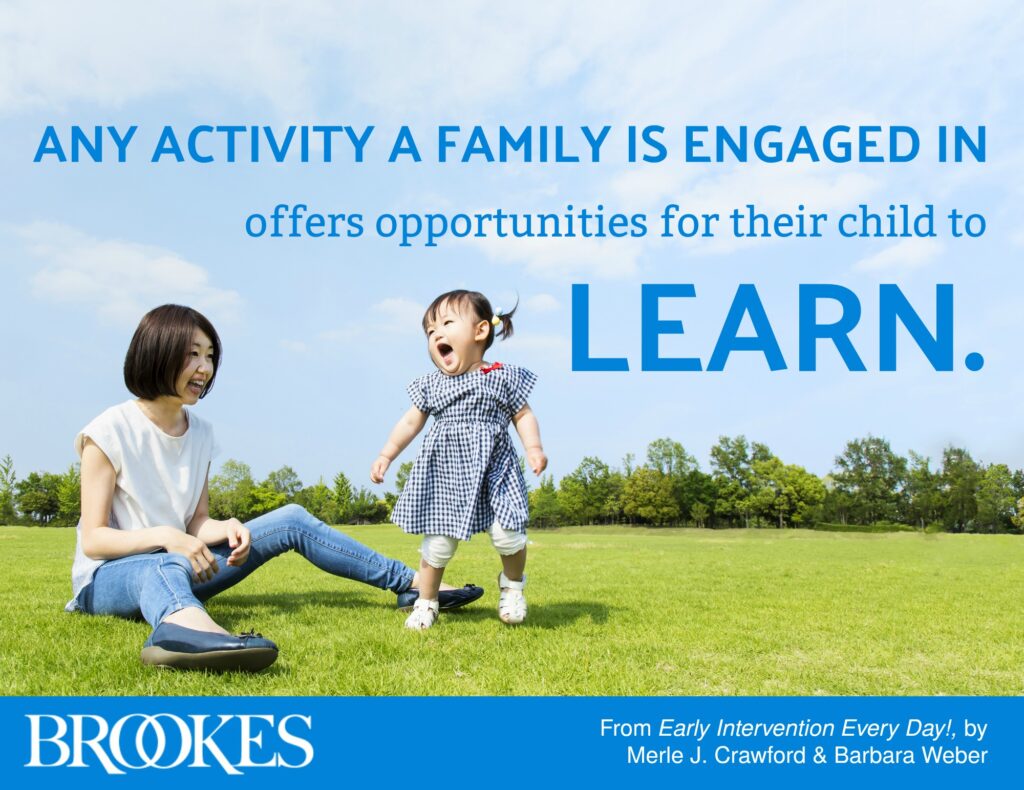
Encourage children’s questions. As Betty Bardige says in her book Talk to Me, Baby!, each question from a child is a gift. Questions give you new insights that help you understand the child, provide the best supports, and meet their learning needs.
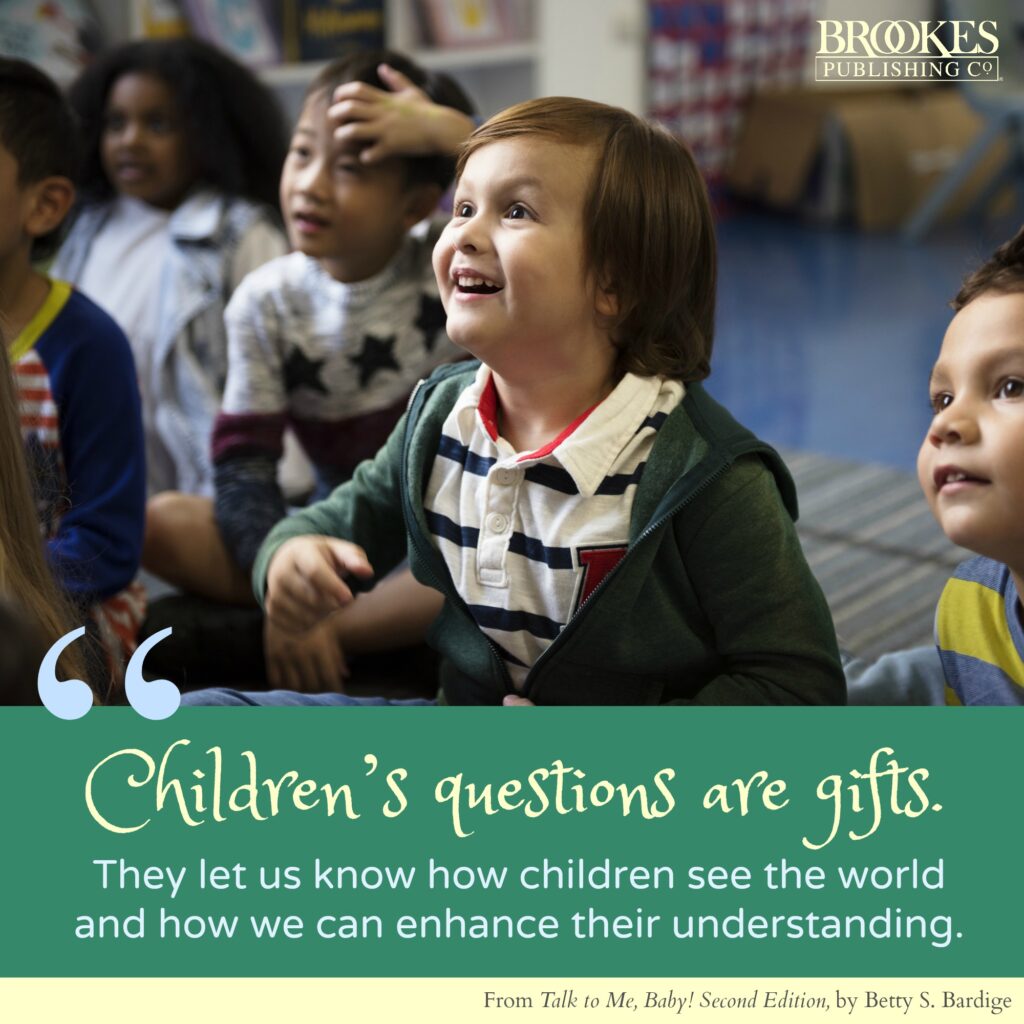
Ask open-ended questions. Children benefit from your questions as much as you benefit from theirs. As Sallee Beneke and her co-authors point out in The Project Approach for All Learners, open-ended questions that encourage answers beyond “yes” and “no” are the kind that promote creativity and collaboration in young children. (This article from NAEYC takes a deeper dive into questions that spark conversations and deepen understanding.)
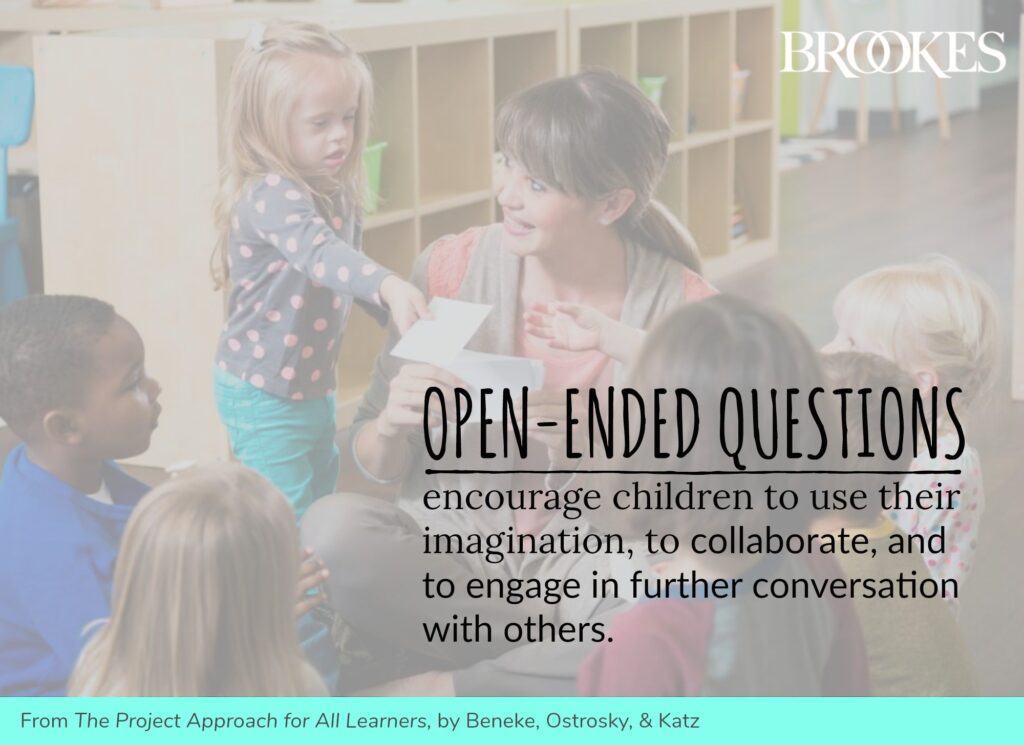
Model respectful behavior. As schools reopen for in-person learning, teachers will likely see an uptick in challenging behavior from young children who have navigated tough emotional waters with their families over the past six months or more. Modeling (and explicitly teaching) respect for all fellow students will be more important than ever. (Quote from Recognize, Respond, Report by Lori Ernsperger.)
You might want to share some behavior support strategies with parents, too. A good place to start is this free coffee chat on behavior with Erin Barton and Justin Lane.
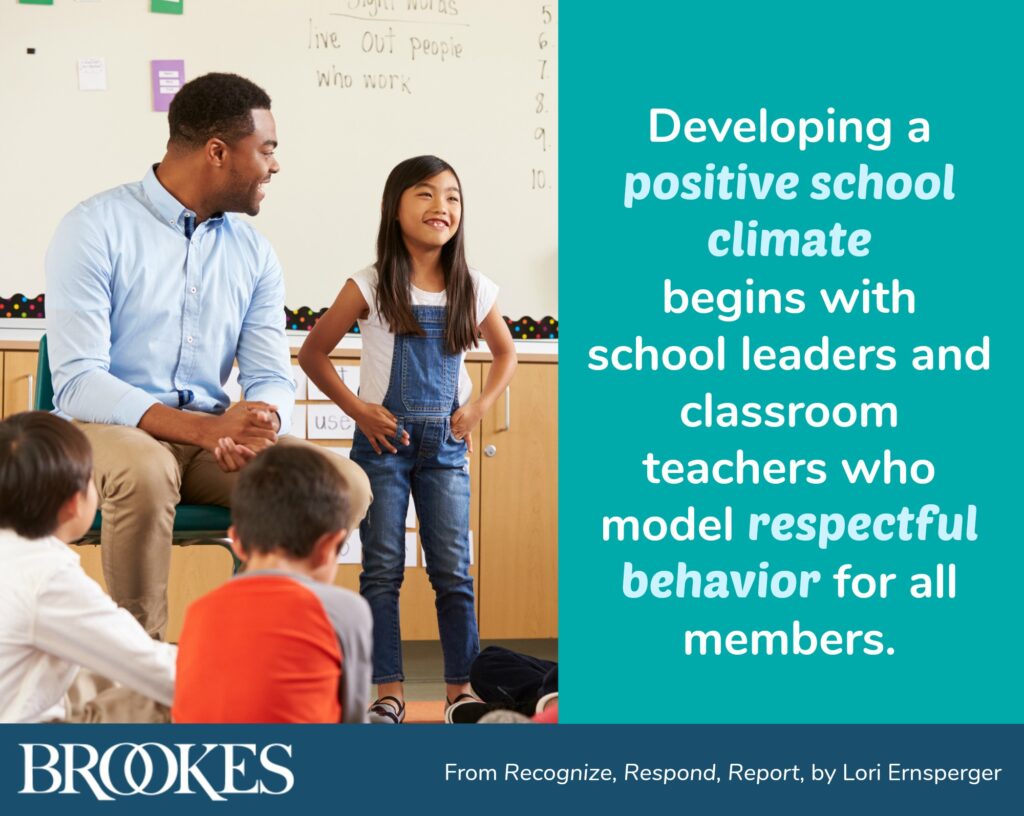
Reinforce the value of play. For young children, play is so much more than fun—it helps them build critical social-emotional and academic skills. Encourage activities like dramatic play (this post is a great place to start!), and use the following tips from Promoting Intentional Teaching to communicate the value of play to families:
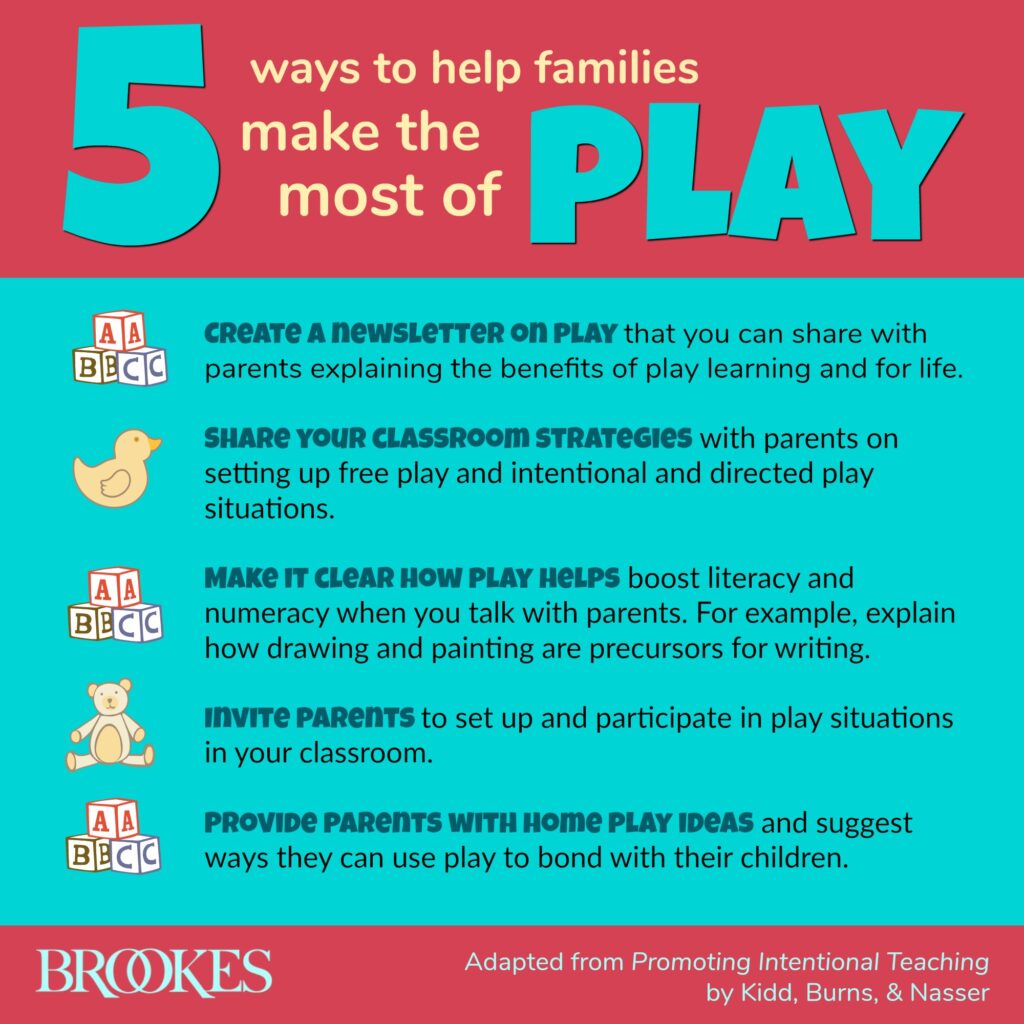
Offer flexible ways for families to participate. Family collaboration is key to supporting the success of all learners, but all parents and caregivers—particularly in this chaotic and uncertain time—may not be able to participate in the same way. To help every family take part in their child’s education, offer them options for collaborating virtually and during times other than school hours. Read our recent blog post for 14 ways you can connect with families and invite their participation. (Quote from Positive Strategies for Students with Behavior Problems, by Daniel Crimmins et al.)
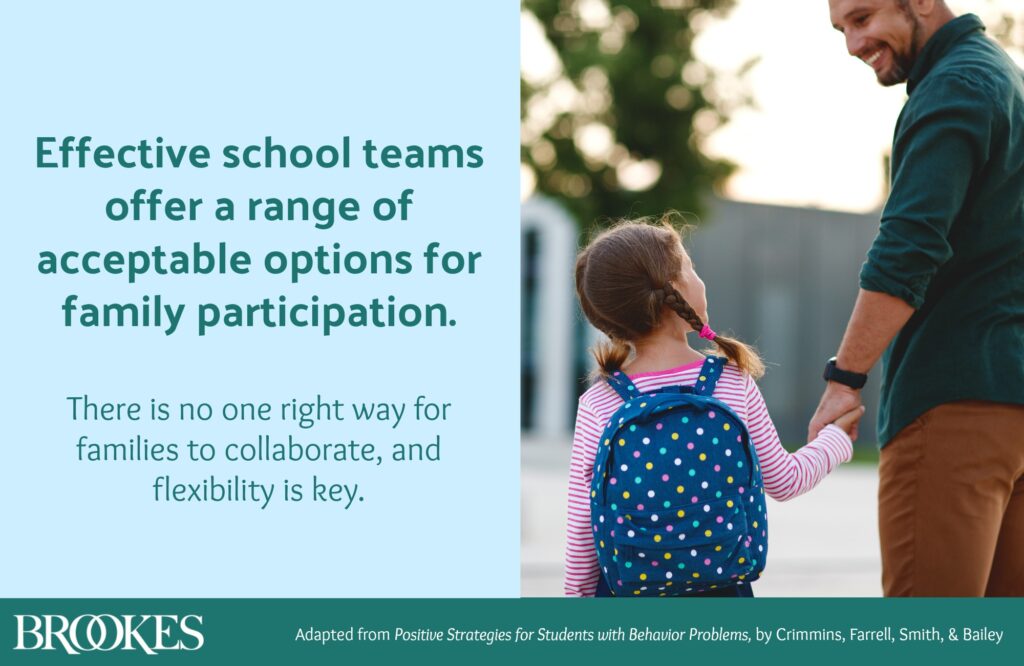
Reframe your perception of “difficult” students. As schools and programs physically reopen in the midst of a pandemic, it will be especially important to treat students with grace when they act out. Refraining from labeling students as “difficult” and exploring the why behind their behavior will help you build strong connections with students who are hurting. (Quote from Addressing Challenging Behaviors in Early Childhood Settings by Dawn M. Denno et al.)
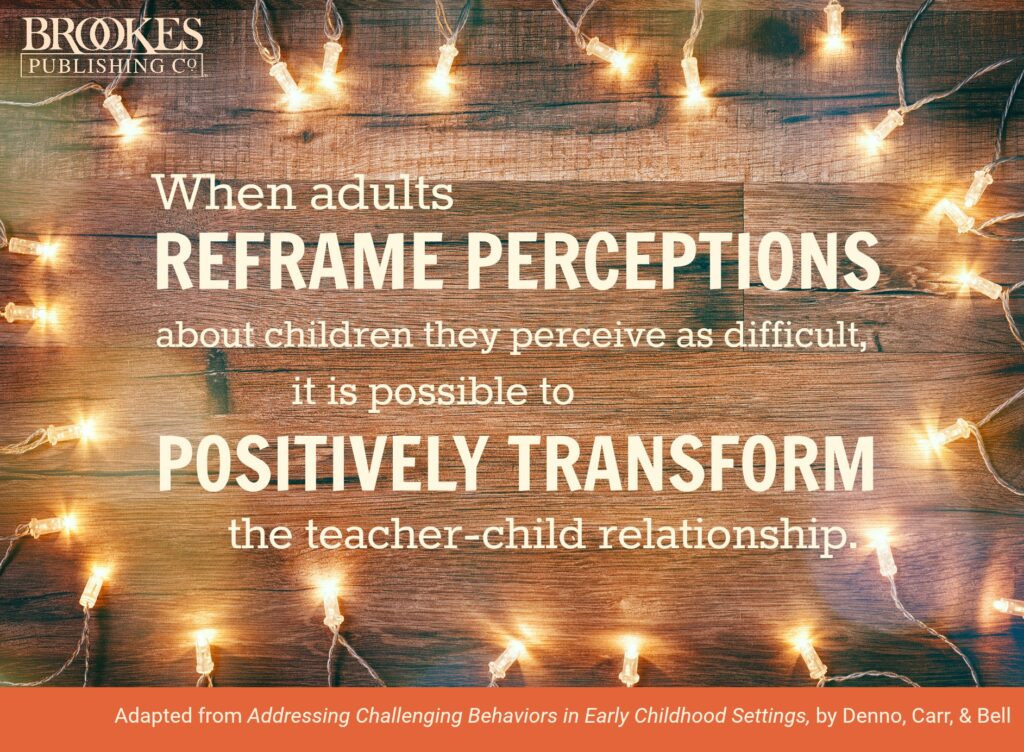
Recognize acts of kindness. This quote from Sarah Landy’s Pathways to Competence says it all: noticing and responding to children’s acts of kindness is just as important as responding to their academic progress. Praise children often for the small kindnesses you observe when you’re with them, and encourage parents to do the same at home. (Here’s a recent article from Highlights featuring 25 acts of kindness for children to try.)
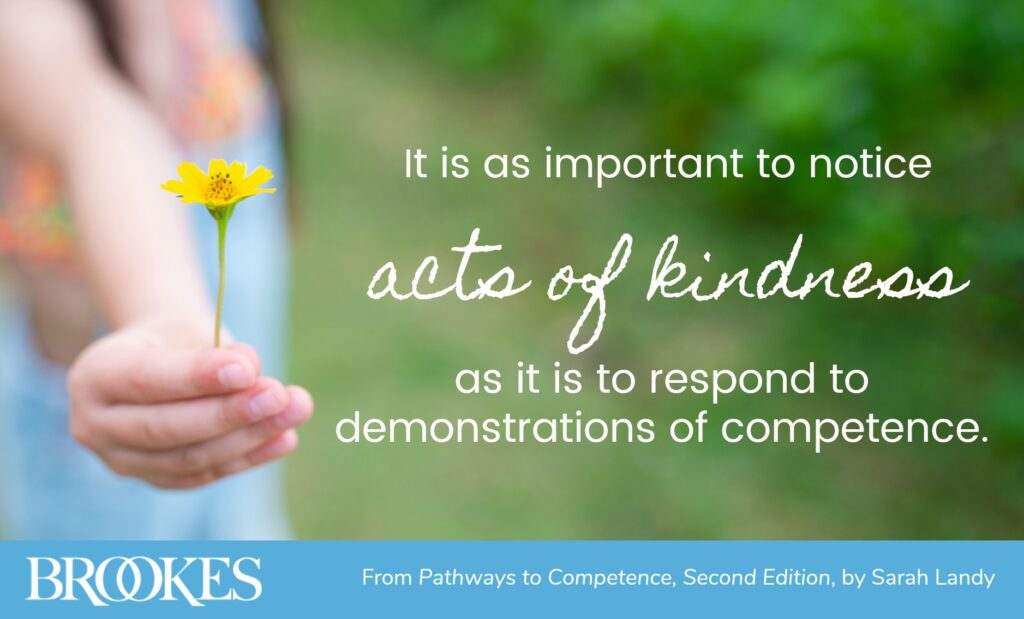
Encourage families to create a regular at-home reading routine. David Dickinson & Ann Morse emphasize the critical importance of reading routines in their book Connecting through Talk. You might want to share this graphic with parents and caregivers as a friendly reminder of effective at-home reading practices (and send them this post for more practical tips on shared reading).
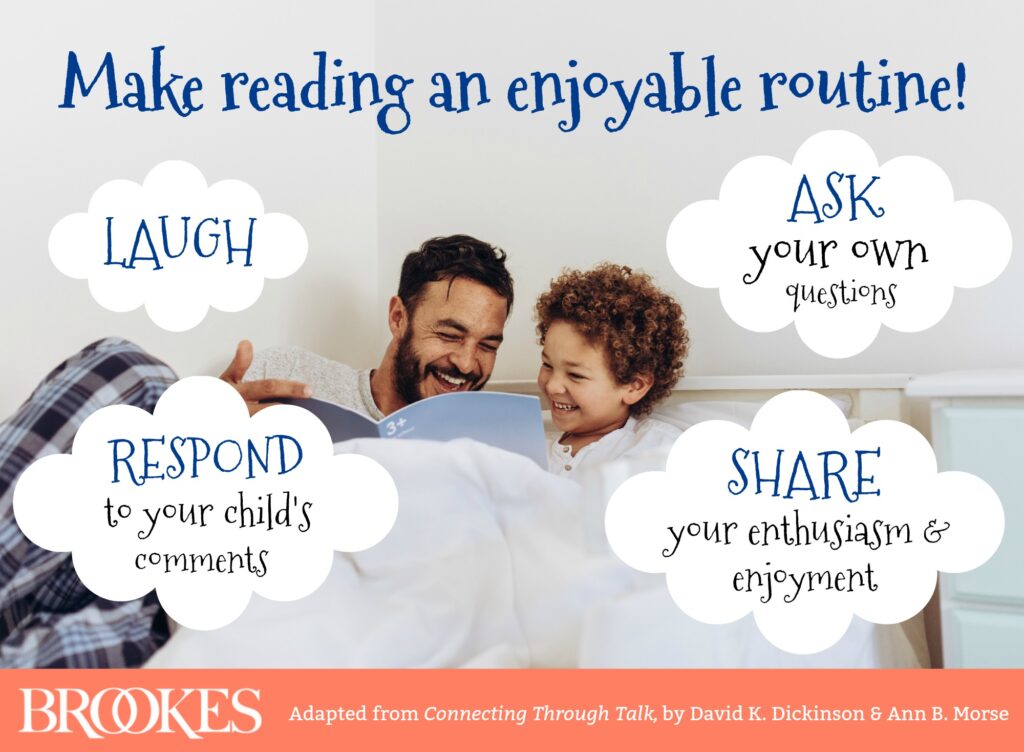
Provide safe and quiet places for children who need them. As Alice Sterling Honig emphasizes in Little Kids, Big Worries, stressed-out children need these quiet nooks in the classroom to unwind when they feel overwhelmed. Honig recommends establishing a cozy retreat like a canopy corner, featuring books, a washable rug and pillows, and other small comforts. (This article has lots of ideas and photos you can use as inspiration when creating your own cozy corner for young children.)
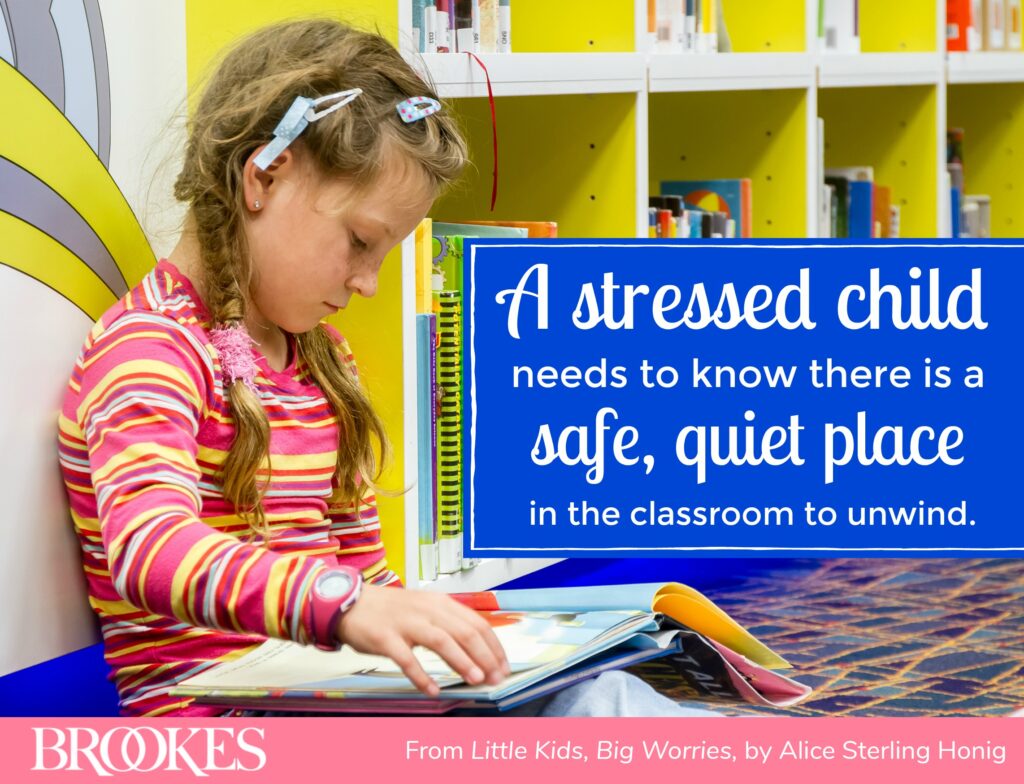
Remember how important you are. As Hougen & Smartt say in their book Fundamentals of Literacy Instruction & Assessment, Pre-K–6, early educators can change the trajectory of a child’s whole life. As the aftereffects of the pandemic continue to affect children, families, and teachers alike, you may feel anxious about what it will take to meet the needs of students who have experienced trauma. Believe in your ability to have a positive impact during a uniquely challenging time in our history…an impact that will reverberate throughout the lives of the children you teach. (And for specific guidance on creating a trauma-sensitive back-to-school plan, check out this book by trauma expert Jen Alexander.)
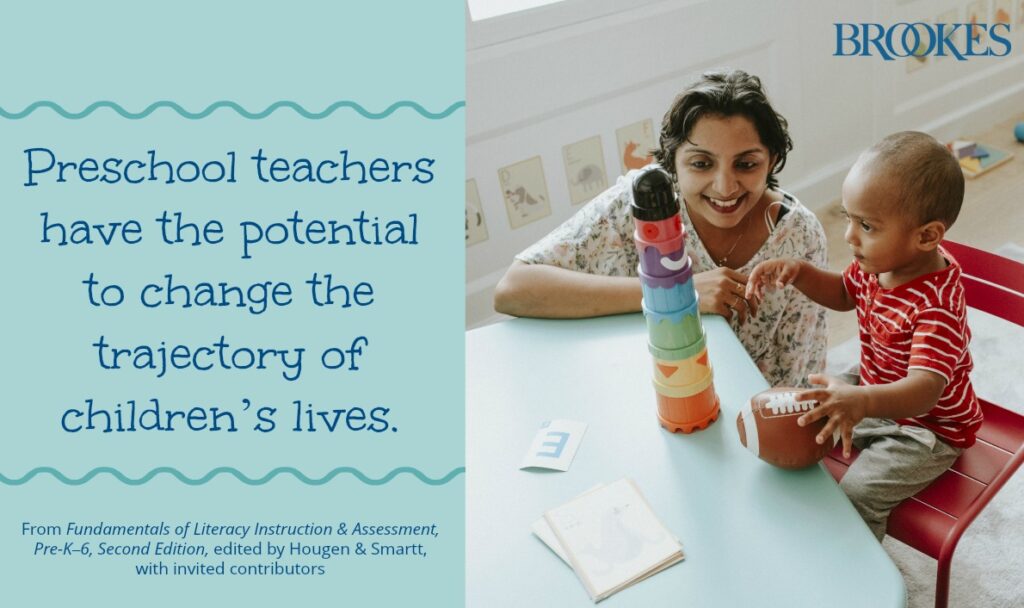
Have your own favorite quote about early education? Add it in the comments section below!


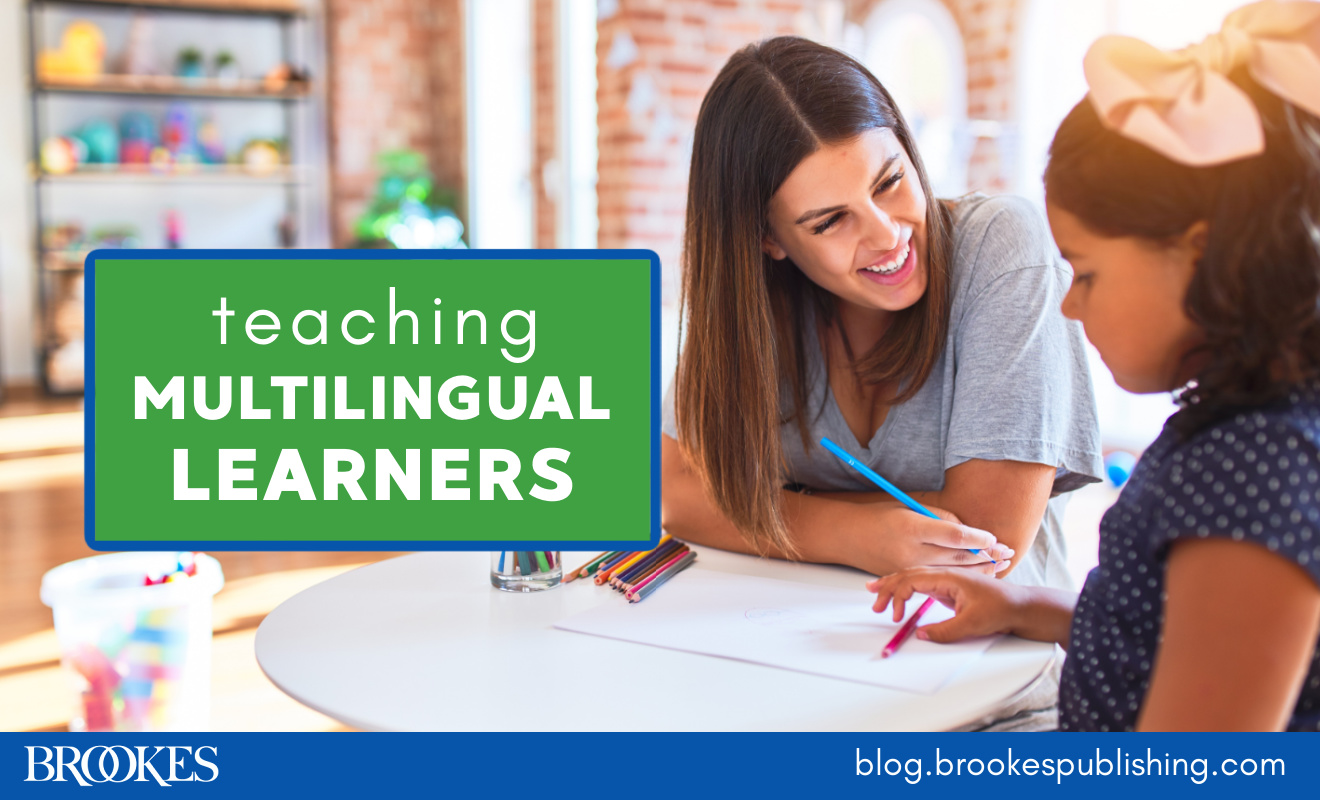
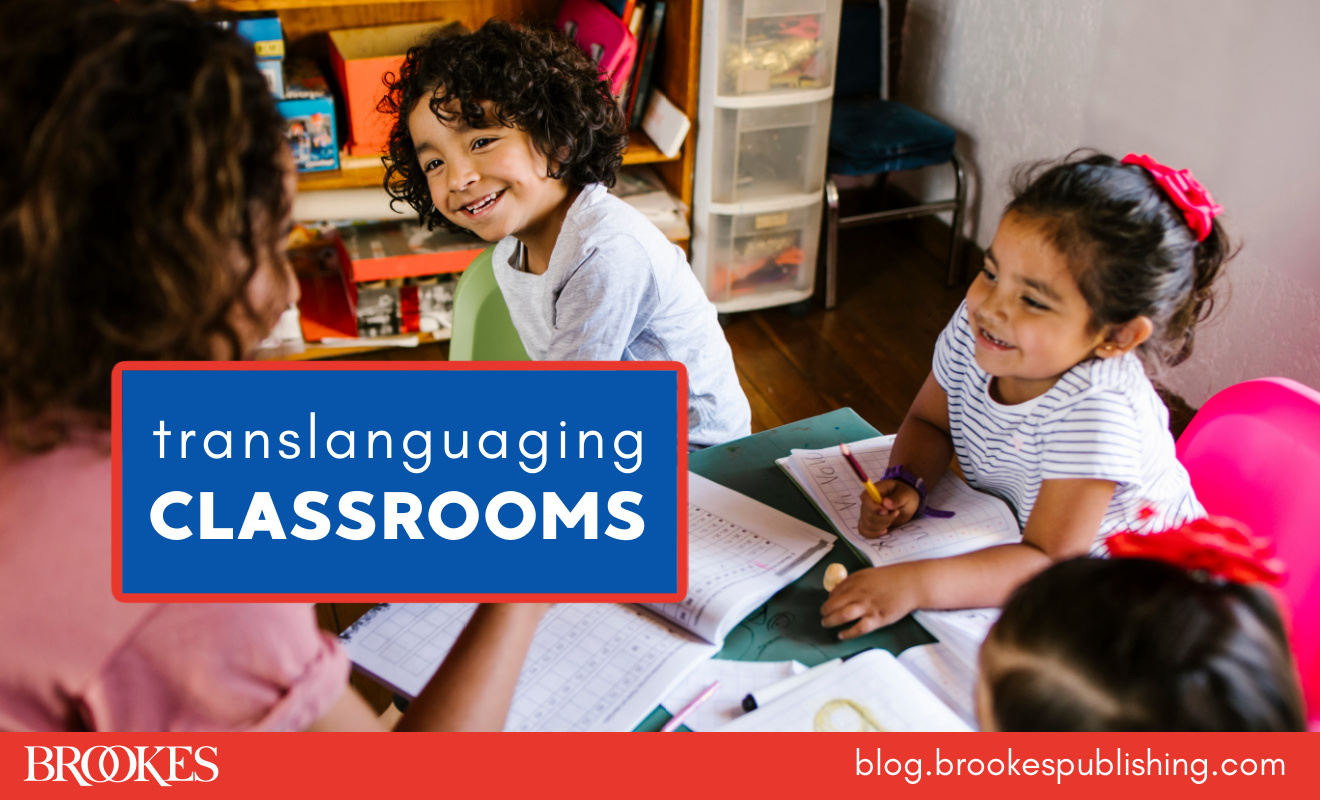
Write a Comment
Your email address will not be published. Required fields are marked *
comments
Nneka U. Arinze says
Preschool teachers play an important role in developing and molding children to thrive, become good citizens and be successful, as well as contribute immensely to todays society.
jlillis says
We agree! Thank you for reading!
Oliver Klowe says
Thanks for article!
Post a Comment